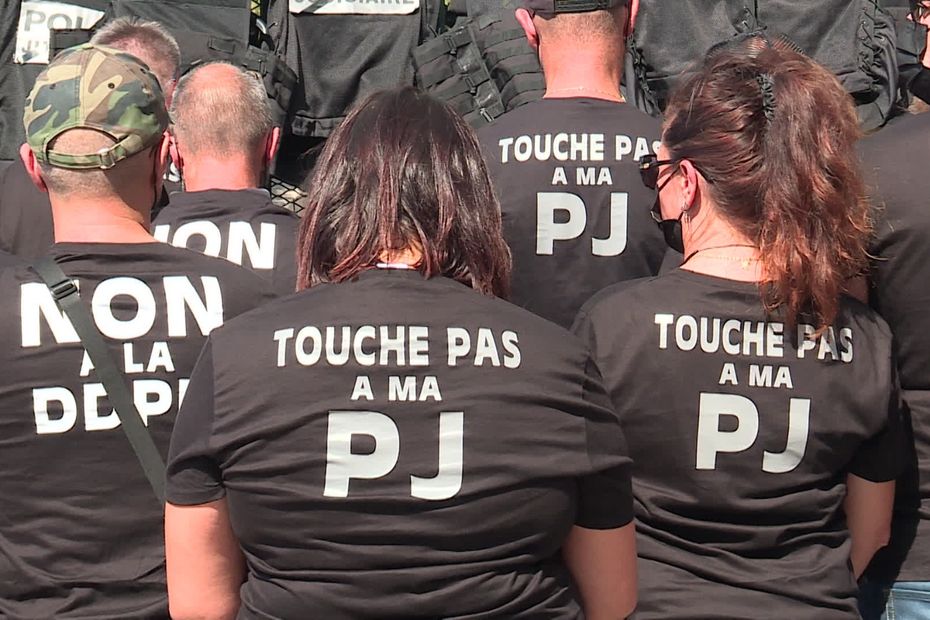Vienna Mayor Michael Ludwig (SPÖ) again defended the emergency granting of city loans to Wien Energie during question time by the city council on Wednesday. He had to make a quick decision, he said, because, for example, the maintenance of the Nord Stream 1 pipeline would cause great uncertainty in the energy markets, which would also lead to the need for high security deposits on the stock exchange.
“It was therefore necessary to make a decision as soon as possible,” he said. According to Ludwig, the requirements for applying paragraph 92 were met. The passage in question governs the exercise of the urgent powers of the mayor.
Wien Energie reacted to the “urgent” situation and wrote a corresponding question, said the city director. This document was presented to him for signature on July 15, Ludwig explained when asked when he first discovered the problems. He was also convinced that the bodies had been informed immediately, particularly in periodic meetings.
The Council has now taken the final step. The high credit lines granted to Wien Energie were already a problem in the finance committee, the city senate and the state government.
The huge financial injections to the municipal energy supplier were necessary to allow them to continue participating in energy exchanges. Today it was voted on the loans for a total of 1.4 billion euros that the mayor granted to the group to guarantee its business. The first tranche was the one released by Ludwig on July 15th.
In addition to the Viennese loans, the government loan of € 2 billion was also on the agenda. Specifically, it was the contract stipulated between the municipality and Wien Energie on federal funds. The agreement with the federal government itself – in particular with the Austrian Federal Financing Agency (OeBFA) – is formally a matter for the state and not for the municipality.
Only the government parties SPÖ and NEOS approved the Vienna loans today. The federal funds contract, on the other hand, was also supported by the ÖVP and the Greens. The FPÖ, however, rejected the loan entirely.
The opposition again criticized the procedure relating to the granting of loans. The head of the Green Club, David Ellensohn, was convinced that the public in Vienna were now wondering who would be informed about the important steps of the city and when. Ludwig awarded 700 million euros “at the push of a button”. “Nobody understands that this is possible,” Ellensohn said with conviction.
FPÖ state party chairman Dominik Nepp said: “Mayor Ludwig did not respect the constitution of the city here.” The mayor had abused his office, the emergency competence was not adequate. It would also have been possible to convene the city council, he assured him.
Vienna ÖVP head Karl Mahrer suspected that the “SPÖ system” was starting to crumble with the cause. He doubted that such a quick decision was actually necessary: ”Please don’t believe it.” From the spring of this year at the latest, it is clear that the market situation is delicate.
Bettina Emmerling, manager of the NEOS club, said that “what can be done better” had to be discussed. NEOS would stick to the flag of transparency. You also referred to the corresponding red-pink government measures, such as government monitoring or the whistleblower platform.
“The exercise of emergency competence was without alternative and correct,” said SPÖ councilor Kurt Stürzenbecher. Security deposits on commodity exchanges often have to be deposited “very short term”. That is why a decision was needed “in the shortest possible time,” he explained in his speech to him.
City Councilor for Economy and Finance Peter Hanke (SPÖ) spoke to the city council in the form of a statement. First of all, he discussed the international dimension: “I have a little feeling that we have an energy crisis at European level and that nobody is listening”. Market distortions are stronger than ever. Factors like the war in Ukraine and the maintenance of the Nord Stream 1 pipeline would have had a huge impact here.
According to Hanke, the highlight was “Black Friday”, which is the 26th of August. The market developed significantly that day and the price of electricity nearly doubled in one day. The price fell again on the following Monday. “This development was not foreseeable for anyone”. This was comparable to a “meteor impact” – on a trade that actually represents a stock trade.
On the Monday in question, more than 1.7 billion euros should have been deposited in one fell swoop. “Whether we like it or not, if the protective Vienna umbrella hadn’t existed, we would have had a big problem.” According to his city councilor for Finance, the mayor reacted “responsibly”.
Hanke pointed out that federal government funds have not been needed to date. In the meantime, the 1.7 billion euros spent are “fully paid back” and credited to the Wien Energie account.
In other countries, the head of department added, states have introduced security measures for public services: “Only we are turning the problematic situation into a political issue and making it a scandal. I don’t really understand our discussion because I absolutely think that it is. be lost. “
–


